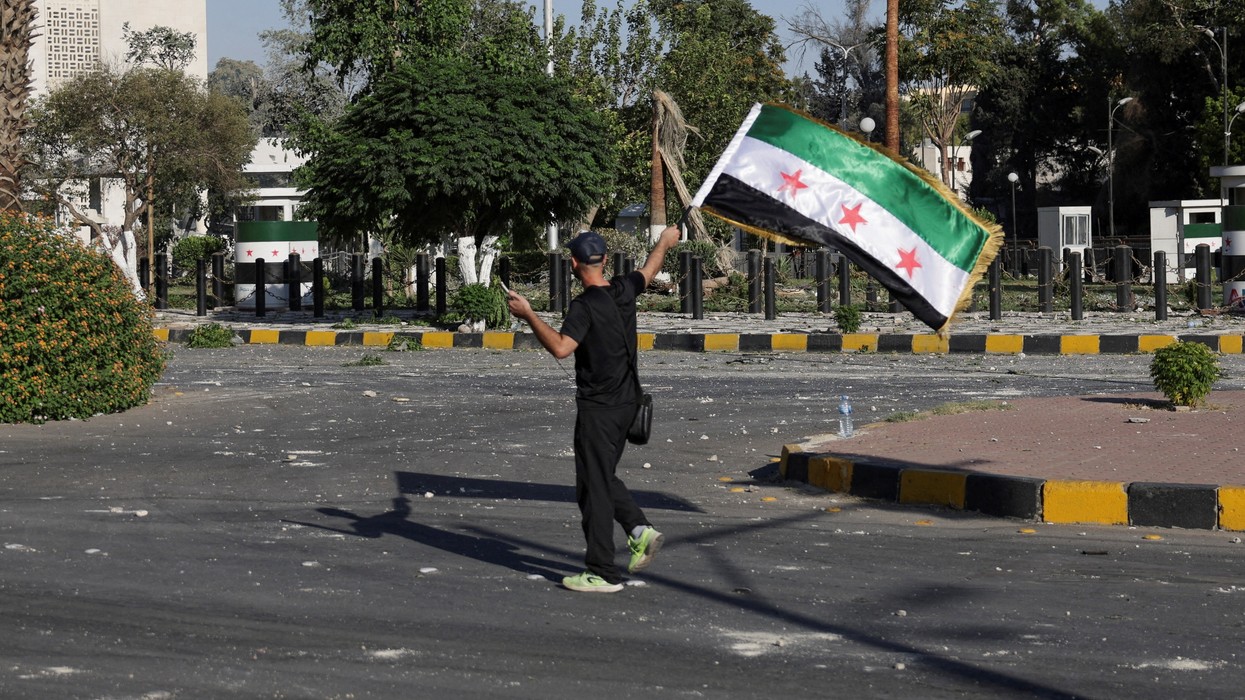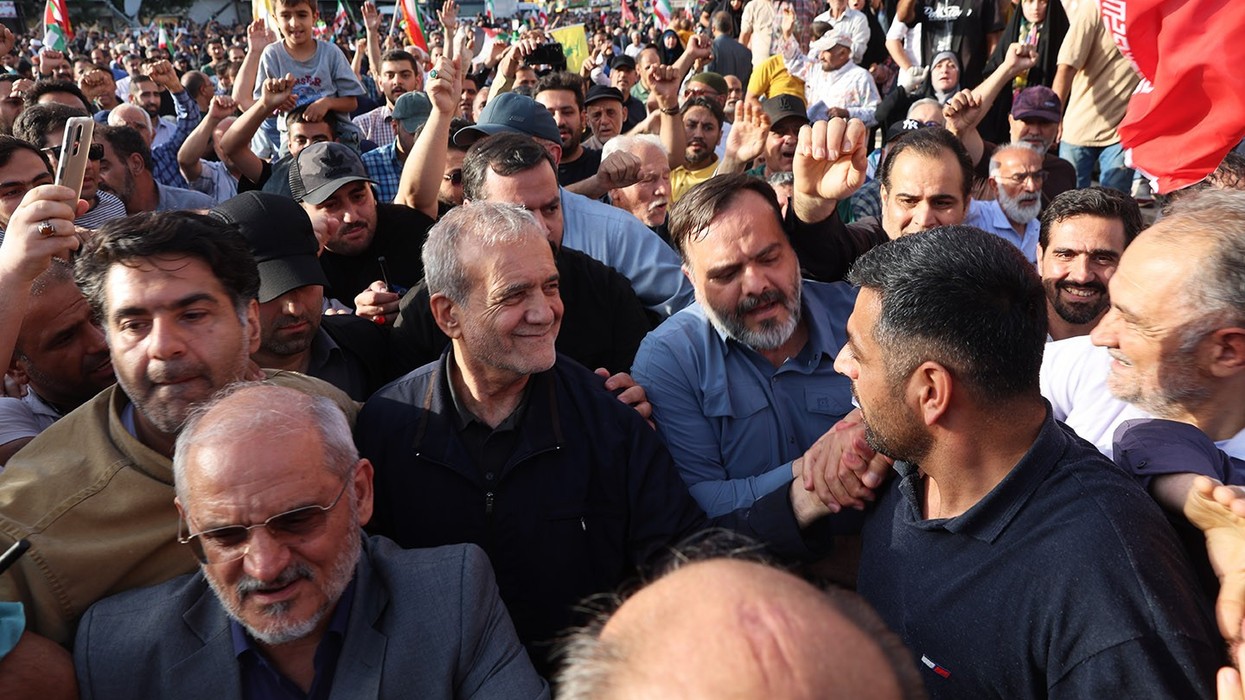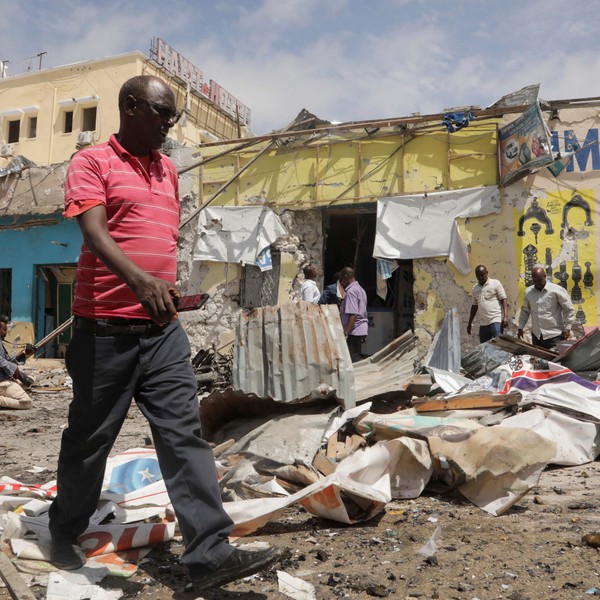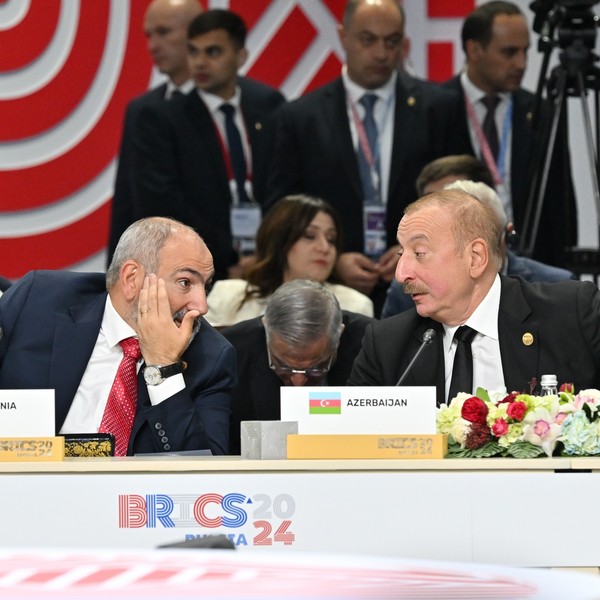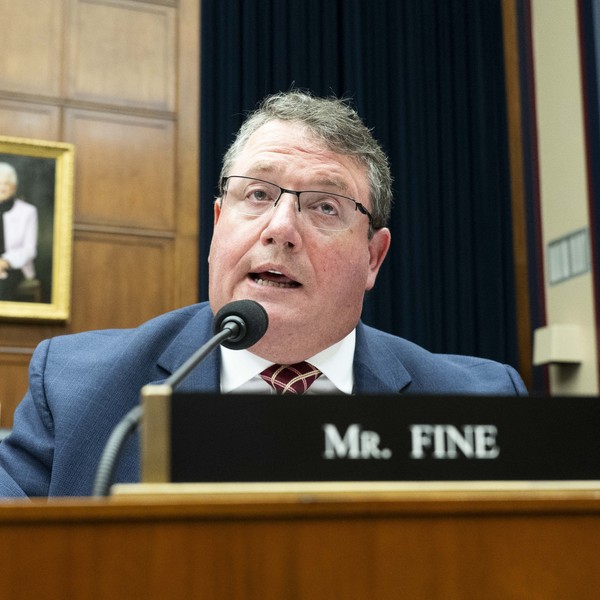Iran’s delay in rejoining talks in Vienna to revive the landmark 2015 nuclear agreement has fueled speculation that the new Ebrahim Raisi government has lost interest in the accord. Its deepened mistrust, optimism about its China option, and confidence that it can weather American sanctions have shaped this conclusion, leaving Washington with no choice but to publicly threaten its own shift to more coercion under an undefined Plan B, the narrative goes.
But new information obtained by Responsible Statecraft reveals that that impasse is not because of an Iranian sense of immunity to pressure, but largely because President Joe Biden refused to commit to keeping sanctions lifted on Iran for the rest of his term, even if Iran rejoins and complies with the nuclear deal.
A crucial turning point in the negotiations occurred earlier in May of this year. The Iranians had insisted on legally binding commitments that the United States would respect its signature and not re-quit the JCPOA, were it to be revived. Though the U.S. team found the Iranian demand understandable, it insisted it could not bind the hands of the next administration, nor guarantee that a future administration hostile to the JCPOA wouldn’t again abandon it.
But according to both Western and Iranian diplomats involved in the negotiations, the Iranians then lowered their demand and requested a commitment that Biden would simply commit to staying within the deal for the rest of his own term, granted that Iran also would remain in compliance. According to these sources, the U.S. negotiation team took the matter back to Washington but to the surprise of Tehran and others, the White House was not ready to make such a commitment, citing legal obstacles. Instead, it offered changes to the negotiating text that fell short of a legal commitment.
The White House did not respond to a request for comment.
[After publication of this article, a senior administration official told Responsible Statecraft: "This is a misleading characterization where the Iranian nuclear talks stood as of this summer. The Biden administration has been sincere and steadfast in pursuing a path of meaningful diplomacy to achieve a mutual return to compliance with the JCPOA and to address our full range of concerns with Iran."]
The American response caused paralysis and divisions in Tehran right before the June presidential elections that have paved the way for the current impasse.
While U.S. negotiators have cast doubts on the centrality of the Iranian demand for measures that ensure American compliance, both European and Iranian diplomats insist it is by far the main sticking point for the Iranians. That message was reinforced last week during EU lead negotiator Enrique Mora’s visit to Tehran, where the Iranians raised this issue at least five times during the 4-hour long consultation on the JCPOA, though carefully avoiding using the term “guarantee.” Regrettably, from Washington’s standpoint, Iran’s new lead negotiator Ali Bagheri-Kani also emphasized that Tehran has shifted back its position, insisting that a three or four-year U.S. commitment no longer is sufficient.
EU diplomats recognize that the ease with which the United States can quit the agreement is a “serious and legitimate concern.” Tehran fears that the unreliability of the U.S. commitment to the JCPOA puts Iran in a very vulnerable position. By realigning with the JCPOA, Tehran will give up much of its nuclear leverage while Washington ostensibly lifts sanctions. However, sanctions relief will not lead to meaningful economic benefits for Iran unless Western companies feel confident about Washington’s longer-term fidelity to the agreement — which they do not. This would leave Iran giving up its leverage for nothing — particularly if Washington once again exits the deal.
Moreover, the unreliability of sanctions relief also creates expectation management problems for Tehran. As sanctions ostensibly are lifted, the Iranian public’s expectations of future growth increase, as do their dreams and aspirations for a brighter future. When the sanctions relief fails to live up to expectations — or worse, the United States reimposes sanctions — the Iranian economy takes a huge hit. Unmet expectations and shattered dreams prompt the government to rely on increasingly repressive tools to keep the discontent in check. American unreliability is simply destabilizing to Iran, making it prefer a stable albeit bad economy over the uncertainty of uncommitted American sanctions relief.
Biden’s aloof approach to this issue has aggravated a second sticking point: The U.S. demand that as soon as the JCPOA is restored, new negotiations should begin to make it “longer and stronger.” The U.S. side has correctly pointed out that it will also benefit the Iranian side to negotiate changes to the agreement, particularly mindful of Tehran's frustration with the lack of mechanisms to ensure reliable sanctions relief.
But a stronger deal poses several problems for Tehran. First, the JCPOA is a negotiated punishment. Due to Iran’s past violations, restrictions would be imposed on its nuclear program for up to 25 years, after which — presuming it adheres to these restrictions and reinstates confidence in its nuclear activities — Iran’s nuclear program will be normalized. Seeking a longer deal means lengthening Iran’s punishment, even though it is the United States that breached the agreement through Trump’s exit, not Iran.
Moreover, is Washington seeking a one-time lengthening of the deal or will it seek to add numerous extensions, essentially prolonging certain restrictions in the deal indefinitely and, by that, putting the normalization of the Iranian program out of reach? Of course, the longer the most severe restrictions are in place, the higher the likelihood that the American people will elect another Trump-like president that will exit the deal once more.
Tehran’s suspicions about U.S. intentions behind the demand for a longer and stronger deal may be misplaced and aggravated by Tehran’s own refusal to speak directly with U.S. negotiators. But it has also been further complicated by Biden’s refusal to commit to keeping sanctions on Iran lifted after Tehran returns to full compliance with the JCPOA.
Biden’s decision has caused both Iranian and EU officials to suspect that the United States seeks to use the threat or actual reimposition of sanctions as leverage in post-JCPOA negotiations for a longer deal. Meaning, Biden would take a page from the Trump playbook and seek more concessions from Iran by threatening to reimpose sanctions it already has lifted as part of the JCPOA. Iranian and some EU officials suspect that committing to respect the terms of the JCPOA will deprive Biden of leverage in post-JCPOA talks
These considerations have caused Tehran to view a U.S. return to the JCPOA as eminently risky, not just because of the unreliability of the sanctions relief but also fears that the JCPOA will collapse over Washington’s desire for a longer and stronger deal. If so, with the United States back in the deal, Washington will have a greater ability to punish Iran economically, including the use of the snapback mechanism in the Security Council to automatically reimpose all JCPOA sanctions on Iran, which Trump tried but failed to do.
Tehran may consequently see the current status quo — in which most sanctions remain in place while Iran still manages to sell oil to the Chinese — as preferable to allowing the United States to get back into the JCPOA only to see the deal collapse soon thereafter over Washington’s insistence on an unacceptable lengthening of the agreement’s strictest terms.
Yet, the current status quo can only be sustained if there is, at a minimum, a perception of movement in the negotiations. As such, negotiations will presumably resume in November while Tehran likely will try to keep them at a snail’s pace — slow enough to avoid an agreement on the JCPOA, yet fast enough to keep diplomacy alive.
But here Tehran is gravely miscalculating. The current status quo simply cannot be sustained for long. Without real progress, the Biden administration will eventually fall prey to the pressures from Israel, the UAE, and hawkish Democrats in Congress. At the same time, Washington is mistaken if it believes more pressure or threats of military force will break the deadlock.
But this is the path both may choose. Just as Tehran may prefer the JCPOA to collapse with the United States outside rather than inside of the agreement (assuming it has concluded that the deal will collapse anyway), the Biden team may have reached a similar conclusion.
If a longer and stronger deal is not in the cards, the White House may calculate, then it is better for the JCPOA to collapse now than for Biden to pay the domestic political cost of rejoining the deal only to see it die shortly thereafter. Indeed, Biden’s unwillingness to commit to keeping sanctions off Iran for the rest of his term suggests he is willing to see the JCPOA collapse, not because it cannot be revived, but because it cannot be lengthened and strengthened after it has been revived.
There is no pressure-centric Plan B that can resolve the growing convergence toward accepting the collapse of the JCPOA in Tehran and Washington. Rather, a more reliable and stable Plan A is needed that both addresses the unsustainability of an agreement that the United States can exit without penalty and that delinks the revival of the JCPOA from legitimate desires to broaden the deal.

